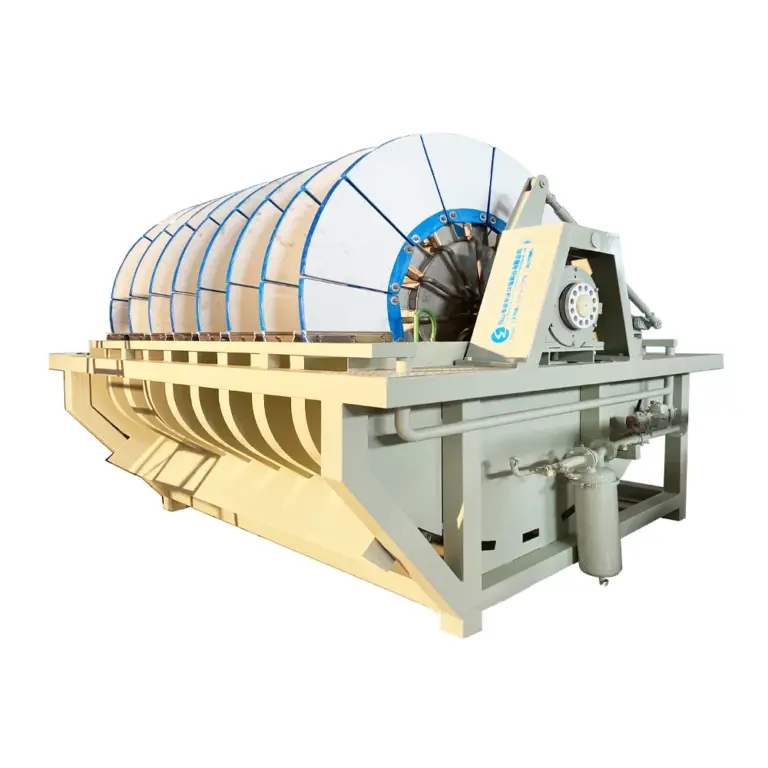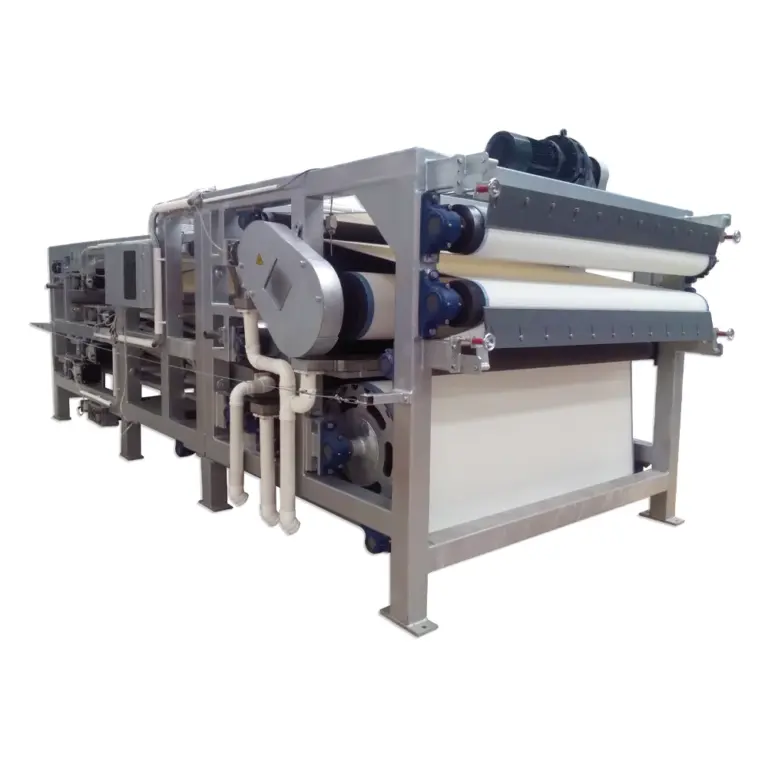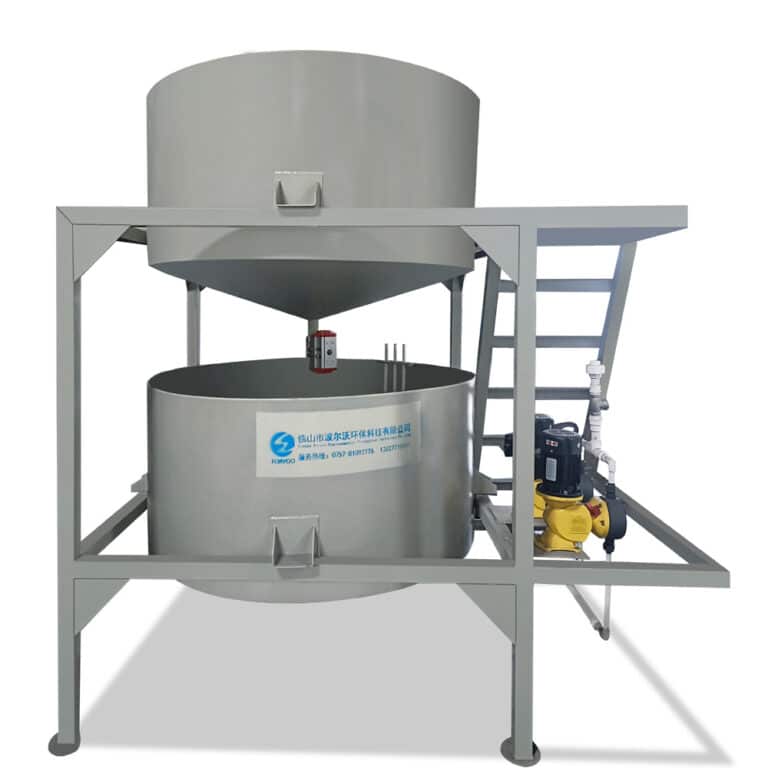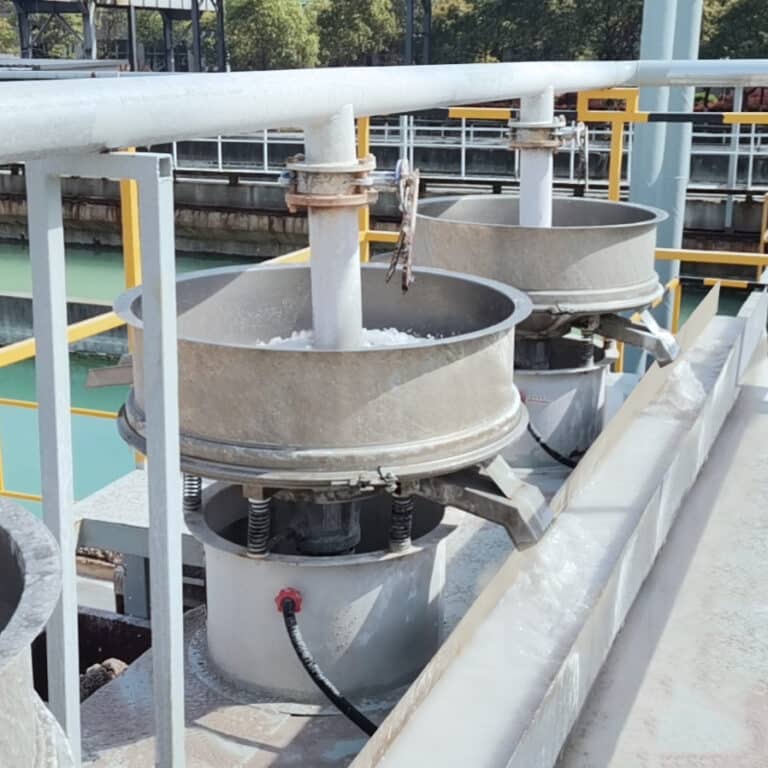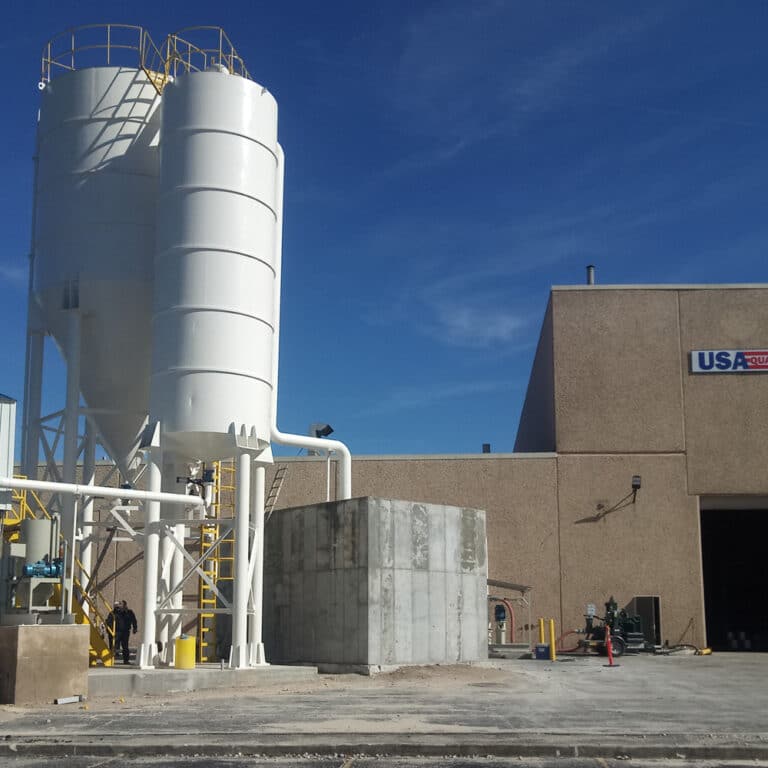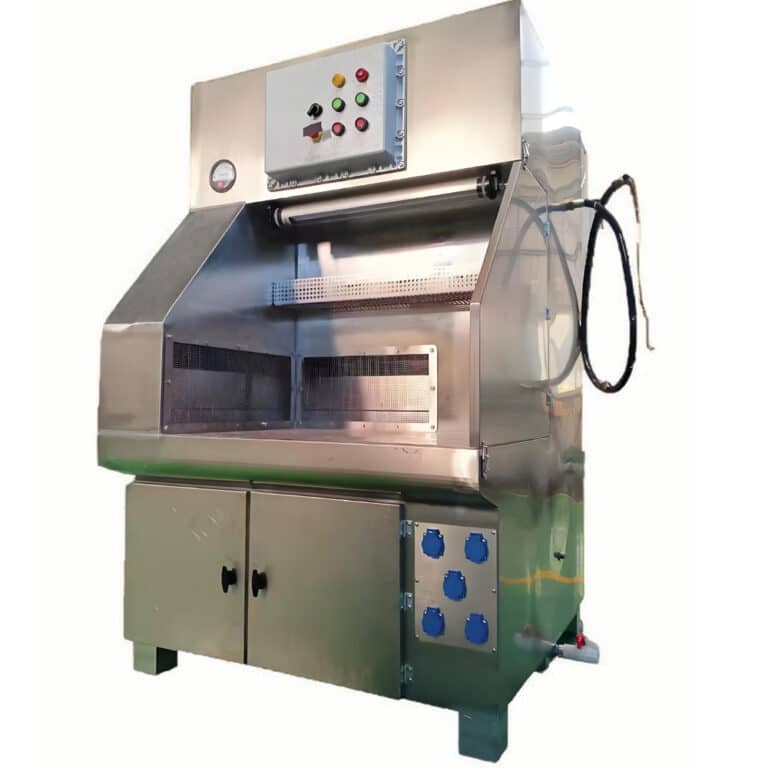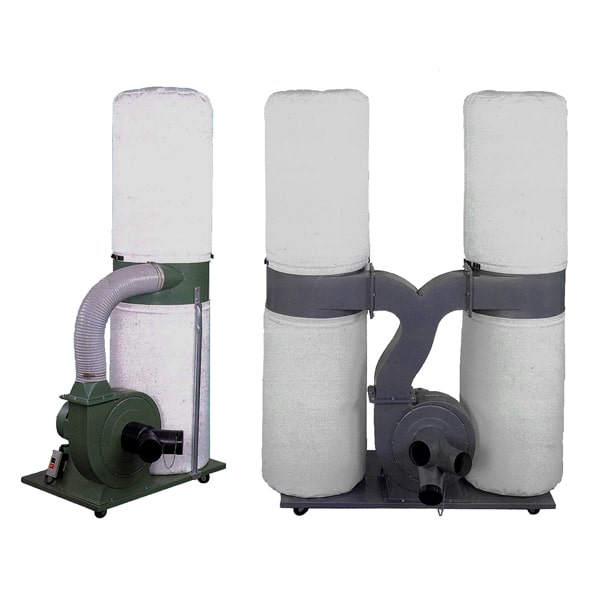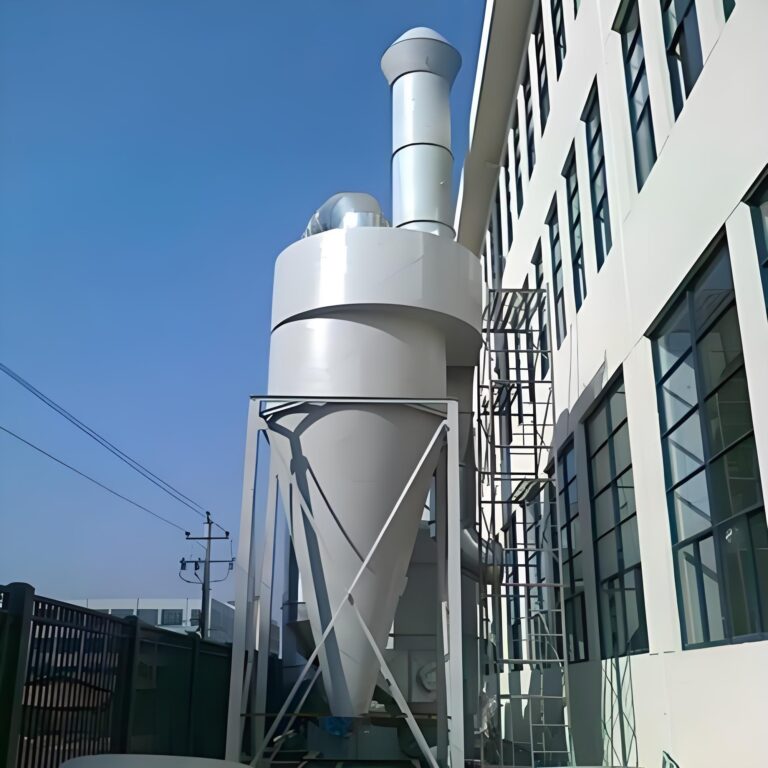As we approach 2025, the demand for efficient and reliable polymer dosing systems in water treatment processes continues to grow. The global market for these systems is evolving rapidly, with suppliers constantly innovating to meet the changing needs of industries ranging from municipal water treatment to industrial wastewater management. This article delves into the top polymer dosing system suppliers projected to lead the market in 2025, exploring their cutting-edge technologies, industry expertise, and commitment to sustainability.
In the following sections, we'll examine the key players in the polymer dosing system market, their innovative solutions, and the factors that set them apart from the competition. We'll discuss the latest advancements in automation, precision dosing, and system integration that are shaping the future of water treatment. Additionally, we'll explore how these suppliers are addressing the growing demand for eco-friendly and cost-effective solutions in an increasingly environmentally conscious world.
As we transition into our main discussion, it's important to note that the landscape of polymer dosing system suppliers is diverse and dynamic. From established industry giants to innovative startups, each supplier brings unique strengths to the table. Our analysis will cover a range of factors, including technological innovation, product reliability, customer support, and sustainability initiatives, to provide a comprehensive overview of the market leaders in 2025.
The polymer dosing system market is projected to experience significant growth by 2025, driven by increasing water treatment needs and stringent environmental regulations across various industries.
Who are the leading polymer dosing system suppliers in 2025?
The polymer dosing system market in 2025 is characterized by a mix of established players and innovative newcomers. Leading suppliers have distinguished themselves through their commitment to technological advancement, product quality, and customer satisfaction. Companies like PORVOO have made significant strides in developing intelligent and efficient dosing systems that cater to a wide range of applications.
These top suppliers have invested heavily in research and development, resulting in systems that offer unprecedented levels of precision, automation, and reliability. Their product lines typically include a range of options, from compact units for small-scale operations to large, integrated systems for industrial-scale water treatment plants.
One of the key differentiators among leading suppliers is their ability to provide customized solutions. Recognizing that each water treatment scenario presents unique challenges, these companies offer tailored systems that address specific client needs, whether it's dealing with high-viscosity polymers or integrating with existing plant infrastructure.
By 2025, the top polymer dosing system suppliers are expected to offer fully integrated, AI-driven systems that optimize dosing in real-time based on water quality parameters and treatment objectives.
| Supplier Characteristics | Industry Average | Top Suppliers |
|---|---|---|
| Automation Level | 60% | 95% |
| Customization Options | Limited | Extensive |
| AI Integration | 30% | 80% |
| Sustainability Focus | Moderate | High |
How are leading suppliers innovating in polymer dosing technology?
Innovation is at the heart of the polymer dosing system market, with leading suppliers continuously pushing the boundaries of what's possible in water treatment technology. These companies are leveraging advancements in artificial intelligence, Internet of Things (IoT) connectivity, and materials science to create more efficient, accurate, and user-friendly systems.
One of the most significant areas of innovation is in the development of smart dosing systems. These advanced systems use real-time data analytics to optimize polymer usage, reducing waste and improving treatment effectiveness. Some suppliers are also exploring the use of machine learning algorithms to predict and adjust dosing requirements based on historical data and changing water conditions.
Another key area of innovation is in pump technology. Leading suppliers are developing new pump designs that can handle a wider range of polymer viscosities and concentrations, while also improving energy efficiency and reducing maintenance requirements. These advancements are crucial for handling the increasingly diverse range of polymer formulations used in modern water treatment processes.
Advanced polymer dosing systems in 2025 are expected to incorporate self-learning capabilities, allowing them to continuously improve their performance over time without human intervention.
| Innovation Area | Description | Impact |
|---|---|---|
| Smart Dosing | AI-driven, real-time optimization | 30% reduction in polymer usage |
| Advanced Pumps | Higher viscosity range, improved efficiency | 25% increase in operational flexibility |
| IoT Integration | Remote monitoring and control | 50% reduction in downtime |
| Self-learning Systems | Continuous performance improvement | 20% increase in treatment efficiency |
What sustainability initiatives are top suppliers implementing?
Sustainability has become a central focus for leading polymer dosing system suppliers in 2025. These companies are not only developing more environmentally friendly products but are also rethinking their entire business models to align with global sustainability goals.
Many top suppliers are now offering polymer dosing systems that are designed for circular economy principles. These systems are built with recyclable or biodegradable materials where possible, and are engineered for easy disassembly and refurbishment at the end of their lifecycle. Some suppliers are even implementing take-back programs, where they reclaim and refurbish old systems to minimize waste.
In terms of product design, there's a strong emphasis on energy efficiency. Leading suppliers are developing dosing systems that consume significantly less power than their predecessors, often incorporating renewable energy sources such as solar panels for off-grid or backup power. Additionally, these systems are designed to minimize polymer waste, not only reducing environmental impact but also lowering operational costs for end-users.
By 2025, top polymer dosing system suppliers are expected to achieve carbon neutrality in their manufacturing processes and offer products that reduce the carbon footprint of water treatment operations by up to 40%.
| Sustainability Initiative | Implementation Rate | Environmental Impact |
|---|---|---|
| Circular Design | 75% of product lines | 60% reduction in e-waste |
| Energy Efficiency | 90% improvement | 40% lower carbon footprint |
| Biodegradable Components | 30% of materials | 50% reduction in non-recyclable waste |
| Solar Power Integration | 50% of new installations | 70% reduction in grid energy use |
How are suppliers addressing the challenges of polymer dosing in diverse industries?
The diverse range of industries requiring polymer dosing systems presents unique challenges that top suppliers are actively addressing. From municipal water treatment to paper manufacturing and mining operations, each sector has its own set of requirements and constraints.
Leading suppliers are tackling these challenges through a combination of versatile product design and industry-specific expertise. They're developing modular systems that can be easily customized to suit different applications, while also maintaining a core of reliable, high-performance components. This approach allows for greater flexibility without compromising on quality or efficiency.
Furthermore, top suppliers are investing in building deep industry knowledge. Many are partnering with research institutions and industry bodies to better understand the specific needs of different sectors. This collaborative approach enables them to develop targeted solutions that address industry-specific challenges, such as dealing with high-solids content in mining wastewater or meeting strict regulatory requirements in municipal water treatment.
Leading polymer dosing system suppliers in 2025 are expected to offer industry-specific solution packages that combine hardware, software, and consultancy services to provide end-to-end water treatment solutions.
| Industry | Key Challenge | Supplier Solution |
|---|---|---|
| Municipal | Strict regulations | Compliance-focused systems with extensive reporting |
| Mining | High solids content | Robust pumps with advanced wear resistance |
| Paper | Variable flow rates | Adaptive dosing systems with wide operating ranges |
| Food & Beverage | Hygiene requirements | Sanitary-grade systems with CIP capabilities |
What role does customer support play in distinguishing top suppliers?
In the competitive landscape of polymer dosing system suppliers, customer support has emerged as a crucial differentiator. Leading suppliers understand that providing exceptional service throughout the customer journey is key to building long-term relationships and maintaining market leadership.
Top suppliers are investing heavily in comprehensive support services, including 24/7 technical assistance, preventive maintenance programs, and remote monitoring capabilities. Many are leveraging advanced technologies like augmented reality for remote troubleshooting, allowing their experts to guide on-site technicians through complex repairs without the need for in-person visits.
Training and education are also significant components of customer support offerings. Leading suppliers are developing extensive training programs, both online and in-person, to ensure that their customers can operate and maintain their systems effectively. Some are even offering certification programs, creating a pool of skilled professionals who can support their products in the field.
By 2025, top polymer dosing system suppliers are expected to offer predictive maintenance services that can reduce system downtime by up to 80% and extend equipment lifespan by 30%.
| Support Service | Availability | Customer Impact |
|---|---|---|
| 24/7 Technical Support | 100% of top suppliers | 60% faster issue resolution |
| Remote Monitoring | 90% of installed systems | 50% reduction in unexpected downtime |
| AR-assisted Repairs | 70% of service calls | 40% reduction in on-site visits |
| Certified Training Programs | 500+ professionals annually | 25% improvement in system efficiency |
How are suppliers integrating their systems with broader water treatment processes?
Integration capabilities have become a key focus for leading polymer dosing system suppliers in 2025. As water treatment plants become increasingly automated and interconnected, the ability to seamlessly integrate dosing systems with other treatment processes and plant-wide control systems is crucial.
Top suppliers are developing sophisticated integration protocols that allow their systems to communicate and coordinate with other equipment in real-time. This includes the ability to receive inputs from water quality sensors, adjust dosing rates based on flow variations, and provide data to centralized SCADA systems for comprehensive plant management.
Many suppliers are also partnering with providers of other water treatment technologies to develop pre-integrated solutions. These turnkey packages combine polymer dosing with processes like clarification, filtration, and disinfection, offering plant operators a cohesive and optimized treatment train.
Leading polymer dosing system suppliers are projected to offer fully integrated water treatment solutions by 2025, capable of autonomous operation and self-optimization across multiple treatment stages.
| Integration Feature | Adoption Rate | Operational Benefit |
|---|---|---|
| SCADA Compatibility | 100% of new systems | 40% improvement in plant-wide efficiency |
| Sensor Integration | 95% of installations | 30% reduction in chemical usage |
| Multi-vendor Interoperability | 80% of suppliers | 50% faster system deployment |
| Autonomous Operation | 60% of advanced systems | 35% reduction in operator intervention |
What future trends are shaping the polymer dosing system market?
As we look beyond 2025, several emerging trends are set to shape the future of the polymer dosing system market. These trends reflect broader shifts in technology, environmental awareness, and industrial practices.
One significant trend is the move towards more sustainable polymer formulations. polymer dosing system suppliers are working closely with chemical manufacturers to develop biodegradable and bio-based polymers that offer similar or superior performance to traditional synthetic options. This shift is driven by increasing environmental regulations and growing consumer demand for eco-friendly products.
Another important trend is the integration of artificial intelligence and machine learning into dosing systems. Future systems are expected to not only react to current conditions but also predict future treatment needs based on historical data, weather forecasts, and other relevant factors. This predictive capability will allow for more proactive and efficient water treatment processes.
The concept of "dosing-as-a-service" is also gaining traction. In this model, suppliers provide not just the equipment but also ongoing management and optimization of the dosing process, often with performance-based pricing. This approach aligns the interests of suppliers and customers, driving continuous improvement and innovation.
By 2030, it's predicted that over 70% of new polymer dosing systems will incorporate AI-driven predictive dosing capabilities, reducing chemical usage by up to 50% compared to traditional systems.
| Future Trend | Expected Impact | Timeline |
|---|---|---|
| Sustainable Polymers | 60% market share | 2028-2030 |
| AI-driven Predictive Dosing | 50% reduction in chemical usage | 2027-2029 |
| Dosing-as-a-Service | 40% of market adopting this model | 2026-2028 |
| Nanotechnology in Dosing | 25% increase in treatment efficiency | 2029-2031 |
In conclusion, the landscape of polymer dosing system suppliers in 2025 is characterized by rapid innovation, a strong focus on sustainability, and a commitment to providing integrated, intelligent solutions. Leading suppliers are distinguished by their ability to offer customized, high-performance systems that seamlessly integrate with broader water treatment processes. They are leveraging cutting-edge technologies like AI and IoT to enhance system performance and provide predictive maintenance capabilities.
The emphasis on sustainability is driving the development of more environmentally friendly products and business models, including the use of biodegradable materials and the implementation of circular economy principles. Customer support has also emerged as a crucial differentiator, with top suppliers offering comprehensive services that extend well beyond the point of sale.
Looking to the future, the polymer dosing system market is poised for further transformation. The development of sustainable polymer formulations, the integration of artificial intelligence for predictive dosing, and the emergence of new business models like dosing-as-a-service are set to reshape the industry. As water treatment needs continue to evolve and environmental concerns remain at the forefront, the role of innovative polymer dosing systems in ensuring efficient, cost-effective, and sustainable water treatment will only grow in importance.
External Resources
Automatic Polymer Dosing System, Manufacturer & Supplier India – This page from Dosimix Technologies describes their Fully Automatic Polymer Dosing System, highlighting its precision, automation, versatility, and integrated design for water and wastewater treatment applications.
Qdos pumps used for polymer dosing in wastewater – This article from WMFTS discusses the use of Qdos pumps by Chemical Support Systems Ltd for polymer dosing in wastewater treatment, emphasizing their reliability, accurate dosing, and ease of maintenance.
Polymer Dosing Pump – Dosatron D25WL range – The Dosatron website presents the D25WL polymer dosing pump range, ideal for small treatment plants or mobile units, highlighting its ease of installation, no electrical power requirement, and optimal homogenization of the water/polymer mixture.
Polymer Make-up and Dosing Systems – AllWater Technologies – AllWater Technologies offers a range of compact, dilution, and delivery units for polymer concentrates, including the Polymore System and various dosing pumps from leading manufacturers.
Advanced Polymer Dosing Systems for Flocculant Water Treatment – AquFlow's website details their advanced polymer dosing pumps, emphasizing their accuracy, reliability, and range of flow rates, as well as features like automatic controls and high viscosity metering pumps.
